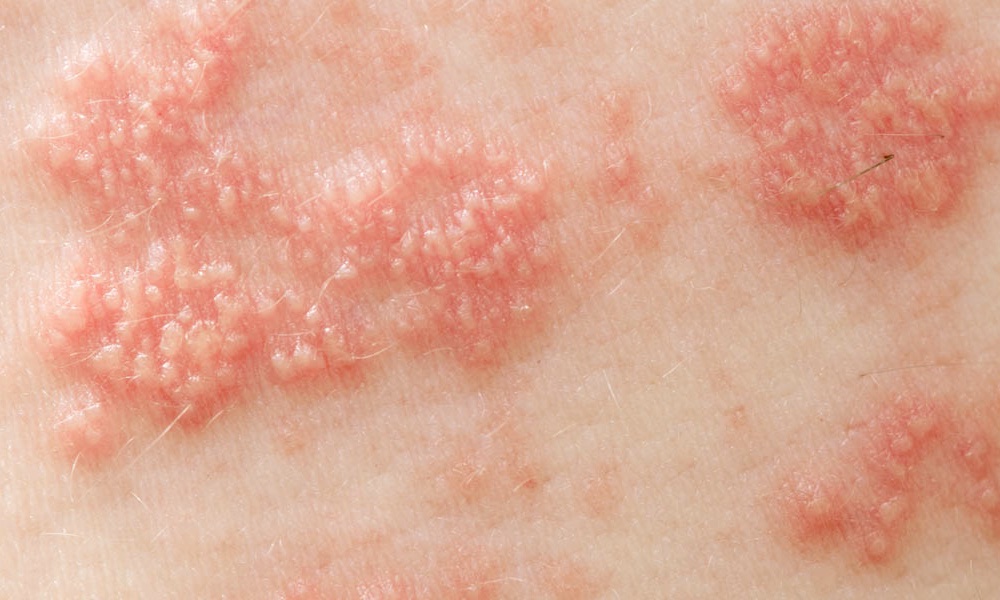Shingles is a viral infection that causes a painful rash as well as skin blisters. It can trigger inflammation of the brain (encephalitis), facial paralysis, and problems with hearing and balance. It's also been linked to a higher risk of heart problems.
A shingles outbreak happens when the dormant varicella-zoster virus, a virus carried by anyone who has had chicken pox, is reactivated, often when a person's resistance is down. One out of every three adults worldwide will develop shingles at least once in their lives.
The good news is that a vaccine is available, and people aged 50 and older can be vaccinated against shingles with a 90 percent success rate. The vaccine also has an important side benefit: In addition to protecting against a shingles infection, it has been found to reduce the risk of dementia.The reduction in cardiovascular risk from the vaccine appears to last up to 8 years.
The results are based on the analysis of medical records from over 1.2 million adults aged 50 or older who were living in South Korea from 2012 onward. Reviewing the data, Korean scientists determined whether or not participants had been given a live zoster vaccine for shingles and found that participants who had been vaccinated had fewer heart problems.
Participants who received the shingles vaccine had: 1) a 23 percent lower chance of experiencing any cardiovascular event; 2) a 26 percent lower risk of heart failure; and 3) a 22 percent lower risk for coronary heart disease. In addition, this protection lasted up to 8 years.
What's the connection? Shingles can trigger inflammation in blood vessels, potentially leading to cardiovascular events. By preventing the infection, the shingles vaccine likely reduces this inflammatory response, lowering the risk of heart disease.
“This suggests that the shingles vaccine provides a long-term protective effect on heart health, with the most significant benefits observed in the first two to three years post-vaccination,” Sooji Lee, MD, a researcher at the Center for Digital Health in the Medical Science Research Institute at Kyung Hee University Medical Center in South Korea, explained.A shingles outbreak happens when the varicella-zoster virus, a virus anyone who has had chicken pox carries for life, is reactivated, often when a person's resistance is down.
One limitation of the study noted by the researchers is that it involved only Asian participants, and the results many not apply to all populations. In addition, the study was designed to determine the connection or correlation between heart problems and the shingles vaccine. It did not establish that the vaccine caused a reduction in cardiac events, leaving open the possibility that other underlying factors might be influencing the results.
Getting a shingles vaccine isn't the only way to protect your heart. The American Heart Association suggests:
- Eat plenty of fruits and vegetables, whole grains, nuts, seeds and lean protein. Avoid processed foods that contain sodium, added sugar and trans-fats.
- Get at least 150 minutes a week of moderate-intensity aerobic activity
- If you smoke tobacco, quit
- Aim for at least 7 hours of sleep each night
- Stay at a healthy weight
- Monitor your blood pressure. Take prescribed medications to lower it if it's high.
- Keep blood glucose and lipids at a healthy level.
The study is published in the European Heart Journal.





